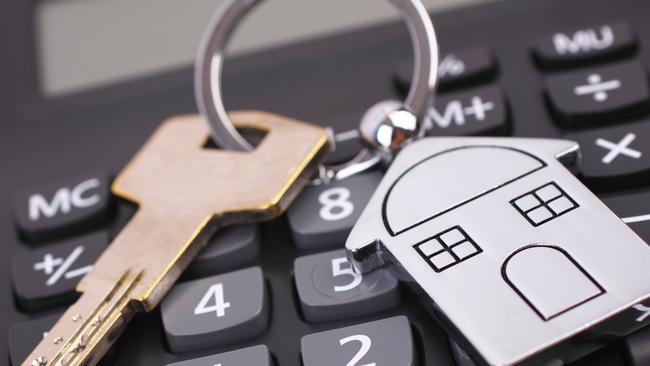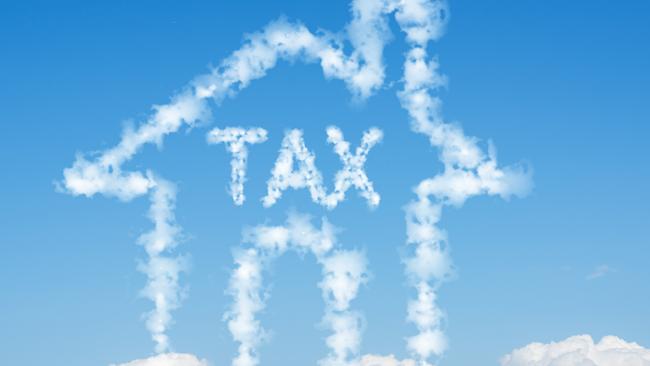Why real estate owners and investors should think about tax
Tax time is over this year but that’s no excuse for real estate owners and investors to stop thinking about how tax affects their property. Here’s why.
Saver HQ
Don't miss out on the headlines from Saver HQ. Followed categories will be added to My News.
Tax. It’s a word that can spark many different emotions in our minds – frustration, anger, fear or perhaps resignation.
And sometimes hope or opportunity.
Tax time 2019 finished less than a month ago, so you might wonder why this bozo writer wants to talk tax so soon after it’s ended.
That’s because tax should be on the mind of real estate owners and investors all the time. Sorry, but it should.
Investors in particular should be thinking about next year’s tax time, but owner-occupiers also need a tax strategy – especially if they’ve got a separate holiday home or land, or use Airbnb.
Here’s why.
TAX TIMING
Selling real estate involves big dollars, which for investors means timing is everything. Any sale that’s not your family home will get slugged with capital gains tax- where 50 per cent of the profit gets added to your taxable income for that financial year.
This means property sales should be timed where possible to take place in a year where your other income is low or you’ve got big tax deductions to offset the gain.

A good timing trick for pre-retirees is to wait until the first financial year after they finish full-time work, so they can minimise capital gains tax (CGT).
While the family home is generally tax exempt, if you’ve joined Australia’s army of part-time landlords using home sharing platforms such as Airbnb you could be up for a CGT bill when selling, so get advice.
TAX DEDUCTIONS
Negative gearing escaped a nasty revamp when Labor lost this year’s federal election.
And the anger it caused during the election campaign suggests we shouldn’t see it on any major political party’s hit list soon.
Negative gearing tax deductions for investors apply when a property’s rental income is less than all its expenses such as loan interest, council rates, agent fees, maintenance, insurance and land tax.
This loss can be offset against other income, and negative gearing works best for people on higher tax rates because they get bigger deductions.
It’s a good idea for investor to think about tax deductions for 2019-20 this side of Christmas, because deductible spending may need to be organised several months before June next year.
Search online for the ATO’s rental properties 2019 guide to get an idea of the potential deductions that may relate to your investment.

DEPRECIATION
This handy deduction – writing down the value of a property’s building costs, fixtures and fittings – is ignored by many of the nation’s 2.2 million property investors. And it’s costing them plenty.
The Federal Government toughened the rules a couple of years ago on fixtures and fittings (think curtains and carpet) in second-hand properties, but a big deduction remains for the building cost of most homes.
This capital works deduction is generally worth 2.5 per cent a year – that’s $7500 annually for a property that cost $300,000 to build. Why leave that sort of money on the table when tax time comes around?
Talk to a tax depreciation company about whether it’s worthwhile for you. It probably is.
Originally published as Why real estate owners and investors should think about tax
